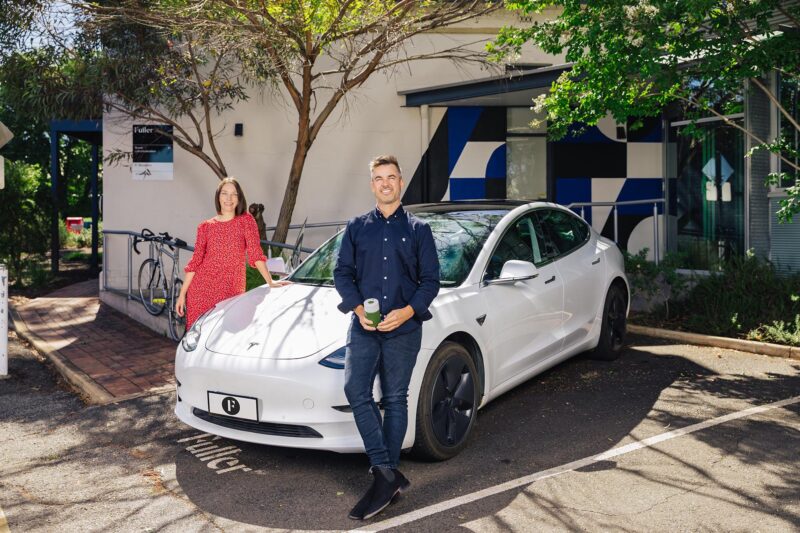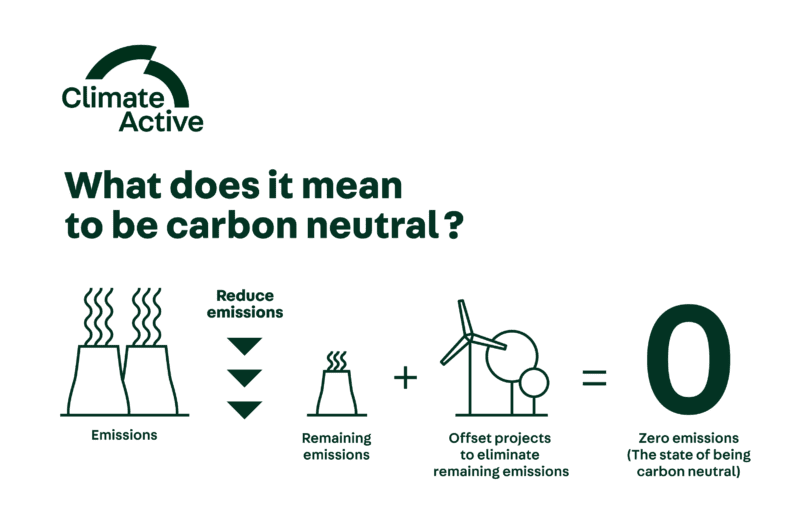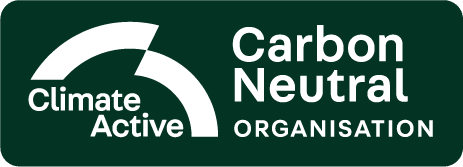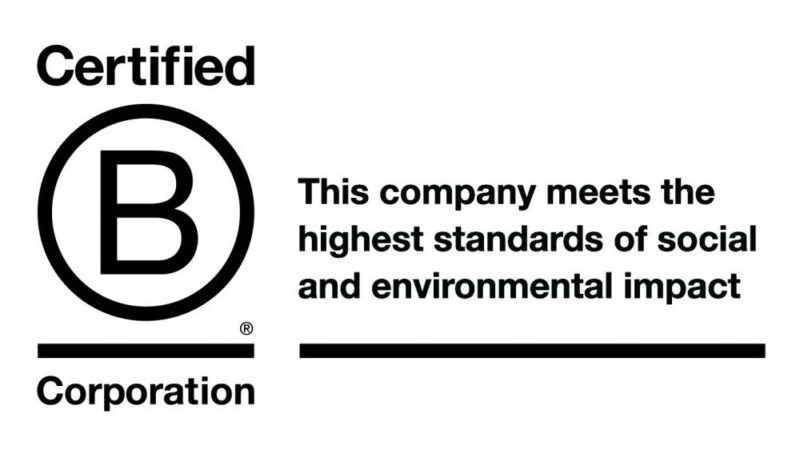Try to cast your mind back to where you were and what you were doing at that seminal moment almost a year ago when Australia was told it was going into COVID lockdown.
I know where I was – sitting amongst several thousand T-shirts and shorts and straw hats enjoying the vibes of WOMADelaide. In fact the vibe I was most enjoying was not only a driving Nigerian Afrobeat or syncopated Cuban reggae, it was the earnest words of a Costa Rican climate change campaigner Christiana Figueres. The former UN Secretary for Climate Change and co-author of the 2015 Paris Agreement, she had jetted into sweltering Adelaide the day before. I never heard how or when she got out, but a few days later people started buying toilet paper by the truckload…and the rest is history.
Figueres was promoting her new book “The Future We Choose” and had a singular message: that 2020 – 2030 is the last decade when we might just be able to turn global warming around.
“We are facing the most consequential fork in the road,” she said in a subsequent interview.
“If we continue as now, we are going to be irreparably going down a course of constant destruction, with much human pain and biodiversity loss. Or we can choose to go in the other direction, a path of reconstruction and regeneration, and at least diminish the negative impacts of climate change to something that is manageable.”
What I liked most about her address was the lack of climate change hysterics. This wasn’t a political diatribe, it was a simple and undeniable environmental and social call to action based on fact.
The message was practical – the world needs to halve its emissions by 2030 and all of us can play a role: by measuring how much carbon we use, and then reducing it.
“Before you make a purchase, or an investment, or any kind of decision that impacts on the planet and on other people, the question should be: “Do I really need this and is this actually conducive to furthering the quality of life on this planet?” she said.
Why was I interested in this passionate but rational campaigner? As a father and grandfather I’m deeply aware that things will have to change if my family are to enjoy even a modicum of the environmental predictability I enjoyed in my childhood.
And as a marketing communications specialist I’m fascinated about the economic challenges ahead to businesses and organisations from a rapidly changing climate. How will they pivot – as they did last year – to maintain relevance, to sustain profitability and keep employing people?
Once the COVID pandemic settled into our daily lexicon during 2020, I guess I expected carbon reduction might have seemed like an academic luxury, especially to businesses who were flat out trying to keep food on the table.
But that couldn’t have been further from the truth. Proving that global corporations can walk and chew gum, Woolworths announced in early November that it has committed to power all of its operations – more than two terawatt-hours worth of demand – with 100 percent renewable electricity within just five years.
On the same day (fittingly November 11 Remembrance Day) mining billionaire Andrew Forrest announced his strategy to turn Fortescue Metals Group into one of the biggest energy companies in the world, with plans to produce 235 gigawatts of renewable energy, or five times the current capacity of Australia’s National Energy Market. His goal is to challenge global energy majors such as Chevron as an energy producer, stitching up deals across the globe. Fortescue will in fact be the largest single Australian energy user to join the global RE100 initiative, a club of the world’s most influential businesses who have all made a pact to move to renewable energy.
If that wasn’t enough, Boris Johnson (who admittedly needed some positive press after his annus horribilis) announced on 18 November 2020 a 10 point carbon reduction plan for the UK, seeing wind, hydrogen and nuclear energy as the employer of the future. Controversially, part of the plan will be an end to the sale of new petrol and diesel cars and vans by 2030, ten years earlier than planned (hybrids will be permitted until 2035).
Then General Motors, the home of the original Chevvy gas guzzlers, started 2020 with the news that it is committed to carbon neutrality by changing its entire fleet to electric cars by 2035.

These are big strategies, big ideas. And they are by no means isolated examples of real action: the almost daily announcements about real climate action from Joe Biden to Bill Gates, are a long way from the cynical greenwashing we saw a decade ago.
These businesses and governments know what their customers, shareholders and voters are concerned about. In a 2020 survey Nielsen found that 73% of global consumers would change their consumption habits to reduce their environmental impact, and 81% feel strongly that companies have a role to play in improving the environment.
This grassroots movement is happening despite the lethargy of many politicians. Just as the industrial revolution and the digital revolution favoured the early adopters and marginalised the naysayers, this new revolution will move much faster than dithering legislators.
There is only one marketing mantra that businesses and not for profit organisations should adopt – to hear and deliver to our customers what they want.
So if these customers want us to make a difference – in an apolitical, practical way – then we have to ask ourselves what should we be doing?
Here’s our experience so far.
Five years ago we at Fuller made a decision to start treating sustainability seriously as a social, economic and business risk. Management and staff took a collaborative view that Fuller is a family company – not just family owned and managed but also an employer of more than 20 families. We all agreed that this gives us a heightened sense of responsibility to contribute to a society that we are proud to hand on to our children and grandchildren.
We also acknowledged that as we are in the business of communication, we need to be part of global change. We develop marketing and communications strategies and implement them using digital marketing, video, public relations and advertising. Our clients will need to engage with their customers in new ways as they grapple with this new economic and social order, so we need to be authentic and ‘walk the talk’.
Our first steps were small – we initiated a waste reduction scheme by introducing recycling sorting bins which cut our plastic and paper waste by at least 50%. We started composting kitchen scraps and coffee grounds and cut our water consumption by using more efficient taps and timers. Then we moved a step further by banning plastic drink bottles. We gave staff refillable bottles and also encouraged the purchase of ‘keep cups’ for takeaway coffee.
We soon found that the majority of our team were not only keen to adhere to these waste reduction efforts at work, but were also implementing similar strategies at home.
While these were important steps, we felt as a team that we could do more.
We became a partner of Carbon Neutral Adelaide to share our ideas with other businesses. Then we set out on the path to actually become carbon neutral.

We contracted a sustainability consultant, we measured our emissions and developed a strategy to reduce them.
We found that despite our sustainability actions, we had emitted 180 tonnes of greenhouse gases in 2019-20.
Putting this in perspective, a tonne of CO2 is the equivalent of the average emission of one passenger on a return-flight from Paris to New York. So we had just created the same emissions as 180 trans-Atlantic flights.
We’re a fairly small mainly digital business – we don’t manufacture things – so this came as quite a shock. We discovered that our main source of emissions is diesel and petrol cars and electricity. So we changed over to a 100% renewable electricity supplier in mid 2020 and in late 2020 ordered our first electric vehicle as part of a gradual fleet transition.
In the meantime, we will contribute to an offset scheme – in our case tree planting on the Coorong, a project that we can all get involved in.
After this 12 month process of self examination we achieved Carbon Neutral certification in December – the first marketing agency in Australia to do so.

Fuller was also awarded BCorp certification in December through the global BLab program.
BCorps are ethical businesses that balance purpose with profit. There are 3500 global BCorps and 257 in Australia, including brands such as Patagonia, Aesop and Beyond Bank.

We have had a long history of working with not for profits and social organisations to improve their outcomes so this was a way to formalise our commitment. Through 2020 we undertook a rigorous audit of our financial accounts, management policies around staff, customers and suppliers, and our contributions to the community and the environment. This was independently assessed and scored against a global benchmark of businesses that balance profit with purpose.
The BCorp journey is ongoing and in 2021 we will commit to a staff wellness program, a local volunteering initiative and a supplier audit to ensure the people we buy from are doing the right thing by the community.
I’m sure CEOs and business owners reading this will say, “well that’s all fine and dandy but what about the bottom line?”
As the extraordinary social impact of COVID starts to wane, we know that 2021 and 2022 are likely to be challenging economically.
To remain competitive there has never been a more important time to create a clear choice for your customers. As we move from Gen X and Gen Y to Gen Z, research shows that having a strong advocacy and impact position on sustainability and ethical business behaviour, will be the key differentiator in the 21st century.
But our mission is bigger than that.
COVID has been a great teacher. It has reminded us about the importance of community, the need to slow down and to act locally. It has also shown us that life is fragile.
A business revolution where purpose and profit are balanced and the health of our planet becomes foremost in our minds, might just be the greatest legacy of this extraordinary period in human history.
As Christiana Figueres says, it is our future that we choose.
If you’re interested in starting your own journey – or are already like us on the track – we’d love to talk about this new and exciting future.